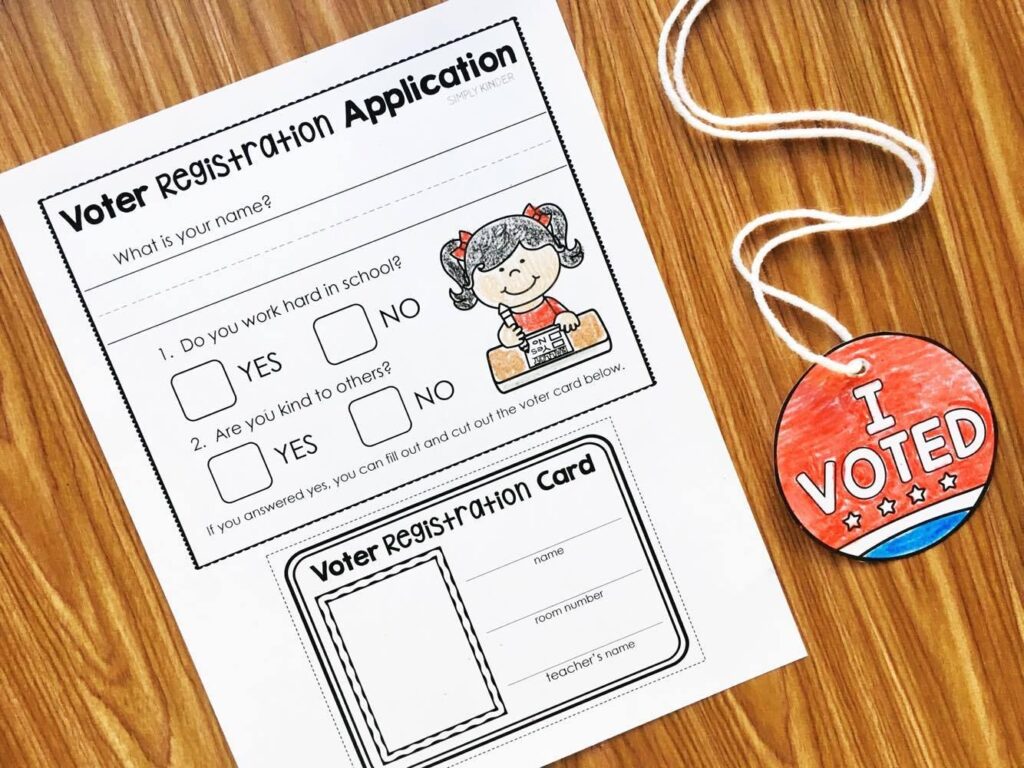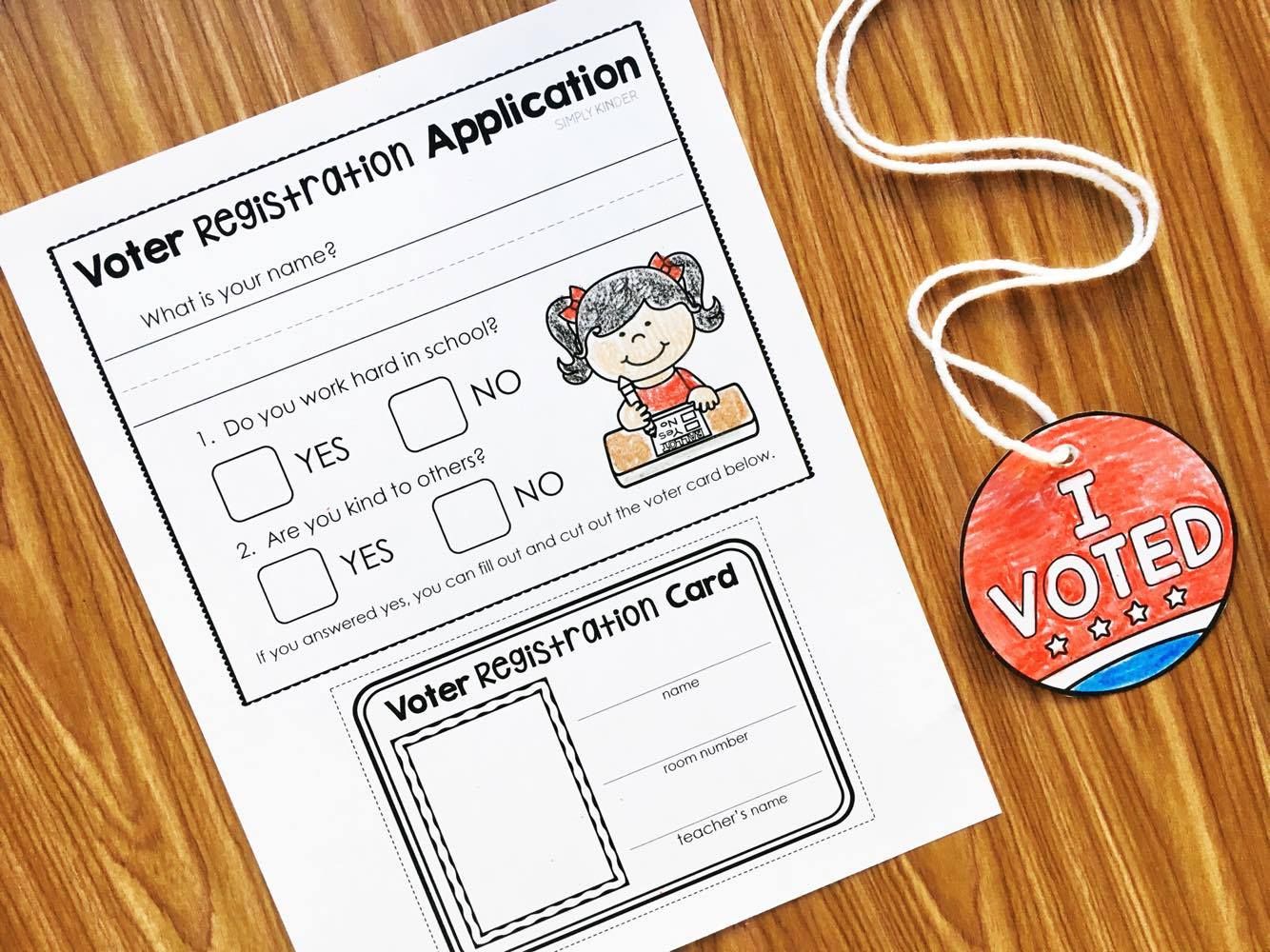
What is an Election for Kids? Understanding Democracy’s Core
Elections are a fundamental part of how many countries around the world choose their leaders. But what is an election for kids, really? It’s a process where people get to pick who they want to represent them and make important decisions for their community, state, or even the whole country. Think of it like choosing your favorite flavor of ice cream – but instead of ice cream, you’re choosing someone to lead! This article will break down the concept of elections in a way that’s easy for kids to understand, explaining why they’re important and how they work.
Why Do We Have Elections?
Imagine a classroom where only the teacher gets to decide everything – what games you play, what books you read, and what snacks you eat. That wouldn’t be very fair, would it? Elections are a way to make sure everyone has a voice in important decisions. They help us choose leaders who will listen to our ideas and work for the common good. Without elections, a single person or a small group could make all the rules, which might not be fair to everyone else.
Elections ensure that the power to govern comes from the people. When people vote, they are participating in their government and making sure that their voices are heard. This makes the government more accountable to the people it serves. In essence, what is an election for kids if not a way to make sure everyone gets a say?
How Does an Election Work?
Step 1: Candidates
First, people who want to be leaders, called candidates, announce that they want to run for a particular office, like president, mayor, or school board member. These candidates have different ideas about how to make things better. They share their ideas with the public through speeches, advertisements, and meetings.
Step 2: Campaigning
Candidates then campaign to convince people that they have the best ideas. They travel around, talk to voters, and explain what they would do if they were elected. This is like trying to convince your friends to play your favorite game – you tell them why it’s fun and why they should choose it. Campaigning is a crucial part of an election, helping voters understand their choices.
Step 3: Voting
On election day, people go to a special place called a polling place, or they might mail in their votes. At the polling place, they fill out a ballot, which is a piece of paper or a screen where they mark their choice for each office. Voting is a secret process, so no one knows who you voted for unless you tell them. It’s important to remember that your vote is your voice, and it matters!
Step 4: Counting the Votes
After the voting is over, the votes are counted. This can take a few hours or even a few days, depending on how many people voted. Once all the votes are counted, the candidate who receives the most votes wins the election. This person then gets to serve as the leader for a set period of time.
Different Types of Elections
There are different types of elections, depending on what we’re voting for. Here are a few examples:
- Presidential Elections: These happen every four years in the United States, and they’re to choose the President, who leads the entire country.
- Midterm Elections: These also happen every four years, but they’re in the middle of a President’s term. People vote for members of Congress, who make laws for the country.
- State Elections: These are to choose the governor, who leads the state, and other state officials.
- Local Elections: These are to choose the mayor, city council members, and school board members, who make decisions for your town or city.
Understanding the different types of elections helps you see how voting impacts different levels of government. From the President to your local school board, elections shape the decisions that affect your life.
Why is Voting Important?
Voting is important because it’s your chance to make your voice heard. When you vote, you’re choosing the people who will make decisions about important issues like schools, roads, and the environment. If you don’t vote, you’re letting other people decide for you. It’s like letting someone else choose your ice cream flavor – you might not like what they pick!
What is an election for kids if not a way to participate in shaping their future? By voting, you can help create a better community and a better world. Even though kids can’t vote yet, it’s important to learn about the election process so you’re ready to vote when you turn 18.
How Can Kids Get Involved?
Even if you’re not old enough to vote, there are still many ways you can get involved in the election process:
- Learn about the candidates: Read about the different candidates and their ideas. Ask your parents or teachers to help you understand the issues.
- Talk to your parents: Discuss the election with your parents and ask them why they support certain candidates.
- Volunteer: Many campaigns need volunteers to help with tasks like making phone calls or putting up signs.
- Spread the word: Talk to your friends and family about the importance of voting.
By getting involved, you can make a difference even before you’re old enough to vote. Learning about the election process and participating in your community can help you become an informed and engaged citizen.
What Happens After the Election?
After the election, the winning candidates take office and begin to implement their ideas. They work to solve problems and make decisions that will benefit the community or the country. It’s important to remember that even after the election is over, it’s still important to stay informed and engaged in your government. You can do this by reading the news, attending public meetings, and contacting your elected officials.
The losing candidates may continue to work in the community or run for office again in the future. Elections are a part of a continuous process, where people have the opportunity to choose their leaders and shape their government.
The Importance of Fair Elections
For elections to work properly, they need to be fair. This means that everyone who is eligible to vote should have the opportunity to do so, and that all votes should be counted accurately. It also means that candidates should have a fair chance to share their ideas and that voters should be able to make informed decisions. [See also: How to Spot Misinformation Online]
When elections are not fair, it can lead to distrust in the government and can undermine democracy. That’s why it’s important to protect the integrity of elections and to make sure that everyone has a voice.
Elections Around the World
Elections are held in many countries around the world, but the way they are conducted can vary. In some countries, voting is mandatory, meaning that everyone who is eligible must vote. In other countries, voting is voluntary. Some countries use paper ballots, while others use electronic voting machines.
Despite the differences, the basic principle of elections remains the same: to give people a voice in their government and to choose leaders who will represent their interests. Understanding how elections work in different countries can help you appreciate the diversity of democratic systems around the world.
In Conclusion: Elections and You
So, what is an election for kids? It’s a way for people to choose their leaders and make important decisions about their community, state, or country. It’s a fundamental part of democracy, and it’s important for everyone to understand how it works. Even though you may not be old enough to vote yet, you can still get involved by learning about the candidates, talking to your parents, and volunteering. Remember, your voice matters, and elections are a way to make it heard. By understanding and participating in the election process, you can help shape the future of your community and your country. Elections are not just events; they are the cornerstone of a democratic society, ensuring that the power remains with the people. Understanding the process helps prepare young citizens for their future roles in shaping the world around them. [See also: The Importance of Civics Education] Elections are a process where citizens choose their leaders, ensuring that the government remains accountable to the people it serves. It’s a way for everyone to have a say in how their community and country are run.

